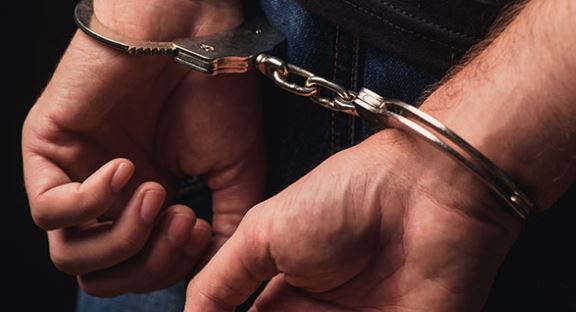Types of Drug Crimes and Their Consequences
Let's talk about drug crimes and what happens if someone breaks the rules. People can get into trouble for different things, like having drugs or selling them across borders. This isn't just about one person – it affects whole groups of people. This blog will discuss different types of drug crimes and what happens if you get caught. We'll look at real examples and how the laws are changing. We aim to help you understand more about prescription drug offenses and what's being done to stop them and help people get better. Come along on this journey with us!
Common types of drug crimes
Possession
Simple possession: This happens when someone has illegal drugs for personal use. It's like having them in your pocket or bag.
Possession with intent to distribute: Having drugs with the plan to sell or give them to others is a more serious crime.
Trafficking
Domestic Trafficking: This involves the illegal transportation or sale of drugs within a country.
International Trafficking: When drugs cross borders unlawfully, it becomes an international trafficking issue.
Manufacturing
Cultivation of Controlled Substances: Growing plants like marijuana illegally falls under this category.
Illegal Drug Production: This includes making drugs in labs or other unauthorized settings.
Consequences of Drug Crimes
Legal Consequences
Fines: People caught in drug offenses may face hefty fines, putting a strain on their finances.
Imprisonment: Jail time is a common consequence, depending on the severity of the crime.
Probation: Some may be put on probation, where they have to follow specific rules without going to jail.
Social Consequences
Stigmatization: Individuals involved in drug crimes often face societal judgment and discrimination.
Impact on Employment and Education: Drug offenses can limit job opportunities and hinder educational pursuits.
Long-term effects on personal life
Strained relationships: Families and friendships may suffer due to the strain of legal issues and personal struggles.
Mental health implications: Dealing with the fallout from drug crimes can take a toll on mental well-being.
Prevention and rehabilitation
Educational programs
Discussing the importance of educating people about the risks of drug involvement.
Promoting awareness in schools and communities to prevent drug-related crimes.
Rehabilitation initiatives
Highlighting the significance of rehab programs in helping individuals recover from substance abuse and avoid future offenses.
Encouraging community support for rehabilitation efforts.
Legal perspectives on drug crimes
Evolving drug laws
Explaining how drug laws change over time and the impact of these changes on enforcement.
The role of legalization and decriminalization
Briefly touching on the ongoing debates about legalizing or decriminalizing certain drugs.
Current legal trends and reforms
Discussing recent legal trends and potential reforms in drug policies.
Conclusion
Getting caught doing drugs can lead to big problems like paying money, going to jail, and messing up your life and relationships. We can learn a lot by looking at real examples and what the law says. It's important to stop drug crimes before they happen and help people who are in trouble with the help of an attorney like Eric Thole, Attorney at Law. We should support programs at school and in our communities to fight against drug crimes. Keep up with the rules as they change so we know what's going on. If we all work together, we can make our society safer and better by telling people about the risks, helping them get better, and asking for fair drug laws. Let's team up to stop drug crimes and make a better future for everyone.
.jpg)



Comments
Post a Comment